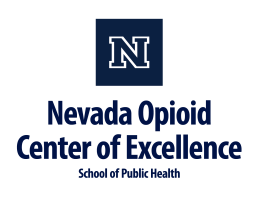Continuing education credit is not offered for these on-demand videos which are for informational purposes only. For courses offering continuing education, please checkout our live events or visit our partners at CASAT Learning.

This 90-minute virtual webinar introduces participants to core concepts and practical tools for addressing unhealthy alcohol, opioid, and drug use in their service settings.

This 90-minute virtual webinar introduces criminal justice professionals to essential concepts and practical tools for addressing unhealthy alcohol, opioid, and drug use among justice-involved individuals.

This 90-minute virtual webinar introduces adolescent service providers to essential concepts and practical tools for addressing unhealthy alcohol, opioid, and drug use among youth.

The “all hands on deck” call to address the opioid crisis has challenged our efforts to implement primary prevention that complements other efforts to address the crisis across the spectrum of behavioral health care services. This on-demand video will explore ways to expand prevention to move our work more upstream--beyond preventing deaths from opioid overdoses to preventing the misuse that leads to those overdoses.

This video will provide an in-depth overview of kratom’s pharmacology, patterns of use, and the evolving regulatory landscape. Attendees will gain insight into how kratom differs from traditional opioids, its potential for addiction, and the complexities of withdrawal management. Practical strategies for patient engagement, harm reduction, and evidence-based treatment approaches will be discussed, with a focus on real-world clinical scenarios.

This second Listening Session continues our exploration of Opioid Use Disorder (OUD) in special populations, shifting the lens to the full lifespan. Building upon Part 1’s focus on youth and Tribal communities, Part 2 will examine the intergenerational and biological effects of opioid exposure from the womb through later life stages. Panelists will include a speech-language pathologist and lactation consultant working with opioid-exposed infants in neonatal care, a nutritionist exploring how OUD affects metabolism and nourishment, a biomedical engineer sharing technological approaches for assessing long-term developmental impact, and a gerontological expert addressing OUD in older adults.
